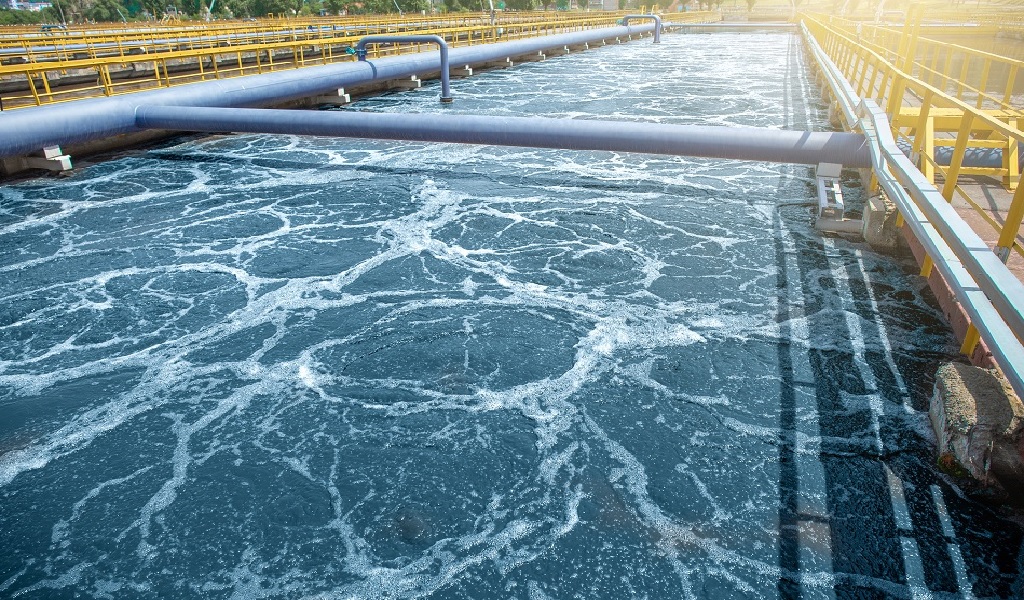The use of significant amounts of water forms one of the industry’s mainstays today. However, current environmental realities dictate the need for more prudent water use and conservation wherever possible.
Water in industrial settings is vital for numerous uses like cleaning and mixing. However, in using water to facilitate different processes, many industrial operations also generate a lot of wastewater. Untreated, this by-product is very harmful to the environment. Therefore, when industries dispose of their wastewater without properly treating it, the practice can lead to groundwater and environmental contamination. Consequently, the ecosystem can suffer lasting damage when exposed to these contaminants, not to mention the serious risk they pose to a community’s health.
In response to the widespread wastewater production, the guidelines encourage the adaptation of water management processes that primarily rely on industrial filtration and recycling as part of conservation measures.
Now that you have an idea of the importance of industrial wastewater management, here are some examples of industries that require wastewater management.
UNDERSTANDING INDUSTRIAL WATER WASTE MANAGEMENT
Setting up an industrial wastewater management system requires the consideration of numerous factors. Primary among them is the nature of waste that the industry produces. The mode of disposal comes a close second.
One factor to keep at the forefront of any consideration for wastewater management is that the wastewater contents at the disposal point should not create any ecosystem imbalances.
Some industries use the latest wastewater management principles in standard operation.
MANUFACTURING
Professional comparisons reveal that the manufacturing industry generates the highest volume of wastewater globally. This distinction stems from the prevalent use of water in washing, cooling, mixing and media transportation. As a result, normal manufacturing operations introduce metals, chemicals, oil, debris and other foreign substances into the water they use.
Given such substantial wastewater production levels, the industry now recognises the benefits of effective wastewater management and recycling processes. Both avenues provide significant cost savings, thus allowing them to maximise their profits.
The manufacturing industry is the highest generator of wastewater across the globe. Manufacturing processes need water for cooling, washing, mixing and transporting media in their operations. As a result, there is the introduction of chemicals, oils, metals, debris and other foreign substances into the water.
MINING AND QUARRYING
Australia boasts a robust mining and quarrying industry. However, extracting valuable minerals from the ground requires significantly large volumes of water. While these processes occur, debris, various minerals and other waste get mixed into the water, thus contaminating it. In addition, mining alters the natural state of minerals and metals that miners source from the earth. Consequently, any wastewater they generate must undergo restoration to a balanced state before removal from the environment.
The mining and quarrying industry primarily employs sludge dewatering and wastewater treatment in water management. However, each of these processes must be tailored to tackle specific water contaminants. Therefore, to ensure that each management system operates as desired, regional authorities outline the ideal water quality that each industry must attain before disposal.
ELECTRICITY PRODUCTION
Electricity production has varying power sources. As a result, each process generates different waste. The majority of waste produced in the electric industry comes from conventional fossil fuel power plants. These plants use treatment solutions like oil-water separation to clean their wastewater. However, despite their efficacy, oil centrifuges are not always adequate. Instead, commercial power plants require large scale wastewater treatment options. Consequently, experts are carrying out studies on the viability of wastewater for electricity generation that leaves clean water for use elsewhere.
In conclusion, proper industrial wastewater management has given rise to the availability of numerous water conservation and management methods. Every industry, both small and large, must prioritise how they manage their wastewater. This urgency reflects that environmental conservation is now a global concern whose neglect will have dire consequences on daily living. Therefore, industries must play their part in saving the environment by preserving valuable water resources.

















